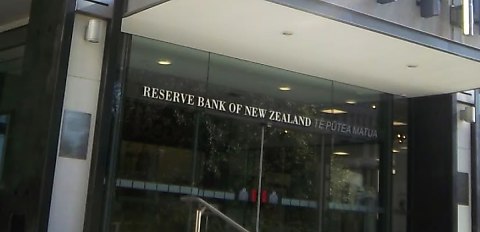The Reserve Bank of New Zealand (RBNZ) has announced its decision to keep the official cash rate (OCR) unchanged at 5.50 per cent, maintaining the rate at its highest level in 14 years.
The central bank’s move followed its May decision to raise the OCR by 25 bps, indicating that it would pause further rate hikes due to the impact on spending and inflation.
The bank acknowledged that the existing rate hikes had already put constraints on consumer spending and inflationary pressures.
However, the central bank agreed that the OCR will need to remain “at a restrictive level for the foreseeable future”, to ensure that consumer price inflation returns to the 1–3 per cent annual target range, while supporting maximum sustainable employment.
Global economic growth and easing inflation pressures played a role in influencing the bank’s decision.
The RBNZ observed a decline in New Zealand’s inflation, with the consumer price index reaching 6.7 per cent in the 12 months leading up to March 2023.
The board expects core inflation to decrease as capacity constraints ease.
In addition, consumer spending growth has eased and residential construction activity has declined, “while house prices have returned to more sustainable levels”, the board noted.
However, the RBNZ acknowledged that the effects of previous monetary tightening are still affecting households as more move away from lower fixed mortgage rates.
The average mortgage rates on outstanding loans have risen from around 3 per cent in early 2022 to approximately 5 per cent presently.
It has also anticipated that average mortgage rates will reach about 6 per cent by early 2024.
Further, businesses are reporting weaker demand for goods and services, along with subdued investment intentions, while net inward migration is continuing as expected and helping alleviate labour shortages in the country.
More generally, businesses are reporting slower demand for their goods and services and weak investment intentions.
The return of net inward migration continues broadly as anticipated and is assisting to ease labour shortages.
RBNZ proposes easing home lending restrictions
The central bank previously announced its decision to relax restrictions on lending to borrowers in the highest risk bands.
The move comes as the RBNZ acknowledged the built financial stability and resilience within the country’s financial system.
The decision aims to strike a balance between promoting financial stability and allowing greater access to mortgage lending for owner-occupiers.
[Related: RBNZ proposes to ease home lending restrictions]

